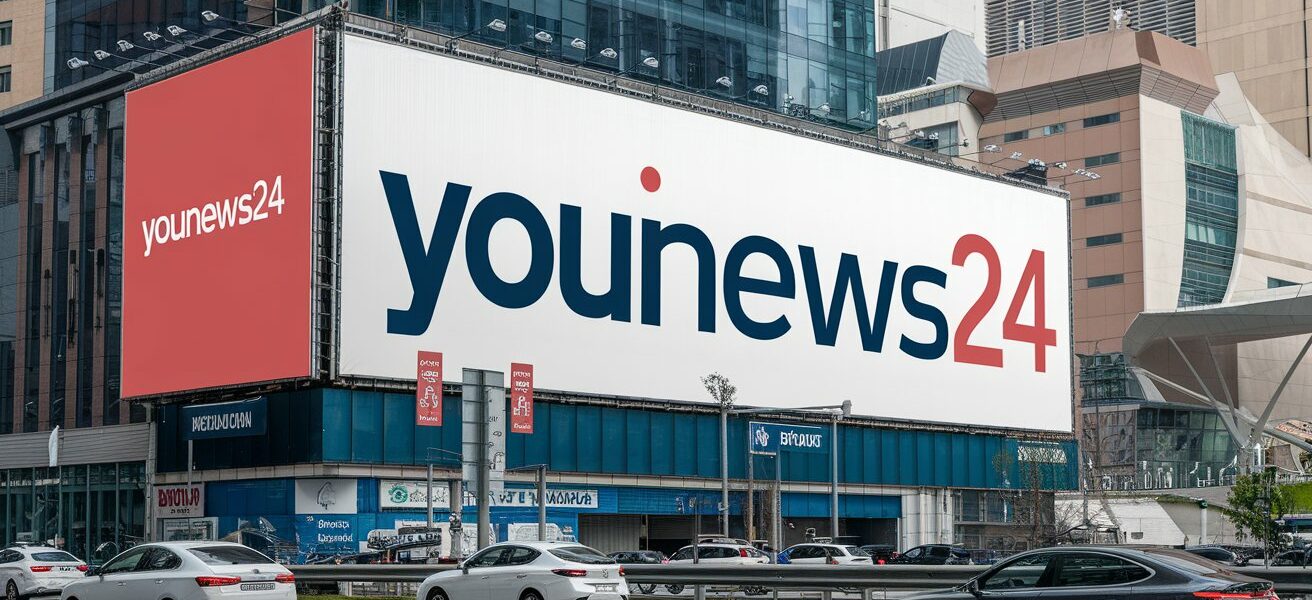Secret Service “Aware” of Elon Musk’s Deleted Post About Biden and Harris Assassination Attempt
The U.S. Secret Service has confirmed it is “aware” of a controversial social media post made by tech mogul Elon Musk. The post, which Musk has since deleted, referenced assassination attempts on President Joe Biden and Vice President Kamala Harris. Although Musk later claimed the post was meant as a joke, it drew widespread criticism and raised concerns about the potential for inciting violence against top U.S. leaders.
Elon Musk’s Controversial Post on X (formerly Twitter)
The now-deleted post was shared by Musk on his social media platform, X, which was formerly known as Twitter. In the post, Musk said, “no one is even trying” to assassinate President Joe Biden or Vice President Kamala Harris, adding a raised eyebrow emoji to the statement. The comment came just hours after a suspected assassination attempt against former President Donald Trump at one of his golf courses in Florida.
Musk’s message was met with immediate backlash from users on X, many of whom criticized the billionaire’s choice of words. Some accused Musk of incitement, arguing that his comment could be interpreted as encouraging violence against the sitting U.S. President and Vice President. While Musk deleted the post soon after, the damage was done, with the debate surrounding the tech leader’s behavior reigniting concerns over the power and influence of social media on political discourse.
Secret Service and White House Response
In response to the incident, the U.S. Secret Service issued a brief statement, acknowledging the post but stopping short of offering specific details. “As a matter of practice, we do not comment on matters involving protective intelligence,” a spokesperson said. However, the Secret Service emphasized that it takes all threats against individuals under its protection seriously and investigates such matters thoroughly.
The White House also condemned Musk’s post in strong terms, calling the rhetoric “irresponsible.” A statement from the administration underscored the need for caution when discussing violence in any form, stating, “Violence should not be condemned, never encouraged or joked about. There should be no place for political violence or for any violence ever in our country.” The statement reflected growing concerns about the potential for social media posts, even those made in jest, to fuel unrest or inspire real-world actions.
Musk Defends His Post as a “Joke”
After removing the post, Musk attempted to clarify his intentions. In a follow-up tweet, the tech billionaire explained that the comment had been intended as a joke, one that did not translate well to an online audience. “One lesson I’ve learned is that just because I say something to a group and they laugh doesn’t mean it’s going to be all that hilarious as a post on X,” Musk wrote. He continued, “Turns out that jokes are way less funny if people don’t know the context and the delivery is in plain text.”
While Musk sought to downplay the significance of the post, the incident has once again raised questions about the role of social media in shaping political narratives. Given his immense following on X and his close ties to former President Trump, Musk’s words carry significant weight. Many critics argue that Musk, as a public figure and platform owner, should exercise greater caution in his online communication, especially when dealing with sensitive topics like political violence.
Musk’s Close Ties to Trump
Elon Musk’s comment on the assassination of President Biden and Vice President Harris comes against the backdrop of his vocal support for Donald Trump. Musk and Trump have forged a close alliance in recent years, with Trump even suggesting that he would enlist Musk to head a “government efficiency commission” if he were to win a second term as president. Musk’s endorsement of Trump has been evident on multiple occasions, including after a separate assassination attempt against the former president in July 2023.
During that incident, which occurred at a Trump rally in Butler, Pennsylvania, a gunman opened fire, wounding Trump and killing one attendee. Musk responded by formally endorsing Trump, praising his leadership and vowing to support his return to the White House. Since then, Musk has regularly posted or re-shared content that is critical of President Biden and Vice President Harris, aligning himself with the more conservative elements of the U.S. political landscape.
The Intersection of Social Media and Political Rhetoric
The latest controversy surrounding Musk’s deleted post underscores the complex and often volatile intersection of social media and political rhetoric. In recent years, platforms like X (formerly Twitter), Facebook, and others have come under scrutiny for allowing harmful or incendiary content to spread rapidly. While social media can be a powerful tool for communication and mobilization, it can also be a breeding ground for misinformation, hate speech, and incitement to violence.
In Musk’s case, his dual role as both the owner of X and a public figure with considerable influence raises unique challenges. Unlike ordinary users, Musk’s comments have the potential to reach millions of people almost instantly, amplifying their impact. This dynamic has led to growing calls for greater accountability among high-profile figures who use social media to voice their opinions, especially when those opinions touch on sensitive or controversial issues.
Public Backlash and Debate Over Free Speech
Elon Musk’s deleted post has ignited a broader debate about the limits of free speech in the digital age. While some defend Musk’s right to make jokes or express his views freely, others argue that public figures have a responsibility to avoid language that could be perceived as inciting violence or spreading harmful ideologies. The line between free speech and incitement has become increasingly blurred in the social media era, where posts can go viral in seconds and reach audiences far beyond their intended scope.
Many critics of Musk’s post argue that even if it was intended as a joke, the mere suggestion of violence against political leaders is dangerous and should not be trivialized. In a country that has witnessed multiple political assassinations and assassination attempts, such rhetoric carries a weight that cannot be ignored. On the other hand, defenders of Musk claim that his critics are overreacting, and that attempts to police speech on social media are a threat to open discourse.
Musk’s Role as a Social Media Leader
As the owner of X, Musk’s actions are closely watched, not only by his followers but by regulators, politicians, and the media. Since acquiring the platform, Musk has positioned himself as a champion of free speech, often pushing back against calls for stricter moderation policies. However, his own use of the platform has come under fire, with some accusing him of spreading misinformation, promoting divisive content, and using his influence irresponsibly.
The controversy over Musk’s assassination post comes at a time when social media companies are under increasing pressure to crack down on harmful content, particularly in the lead-up to major political events like the 2024 U.S. presidential election. How Musk navigates these challenges, both as a user and as the owner of one of the world’s most influential social platforms, will likely shape the future of online discourse.
Conclusion: A Lesson in Responsibility
The fallout from Elon Musk’s deleted post serves as a stark reminder of the power of words, especially when shared on platforms with global reach. While Musk may have intended his comment as a joke, the reaction it provoked highlights the importance of context, tone, and responsibility in online communication. As public figures and social media leaders like Musk continue to shape political conversations, the need for thoughtful, measured discourse becomes increasingly clear.
In the wake of this incident, both the Secret Service and the White House have reiterated their commitment to preventing political violence and ensuring the safety of those in power. Whether Musk’s post was a momentary lapse in judgment or part of a broader pattern of provocative behavior, it underscores the challenges of navigating the digital age, where the line between free speech and incitement is often difficult to define.




